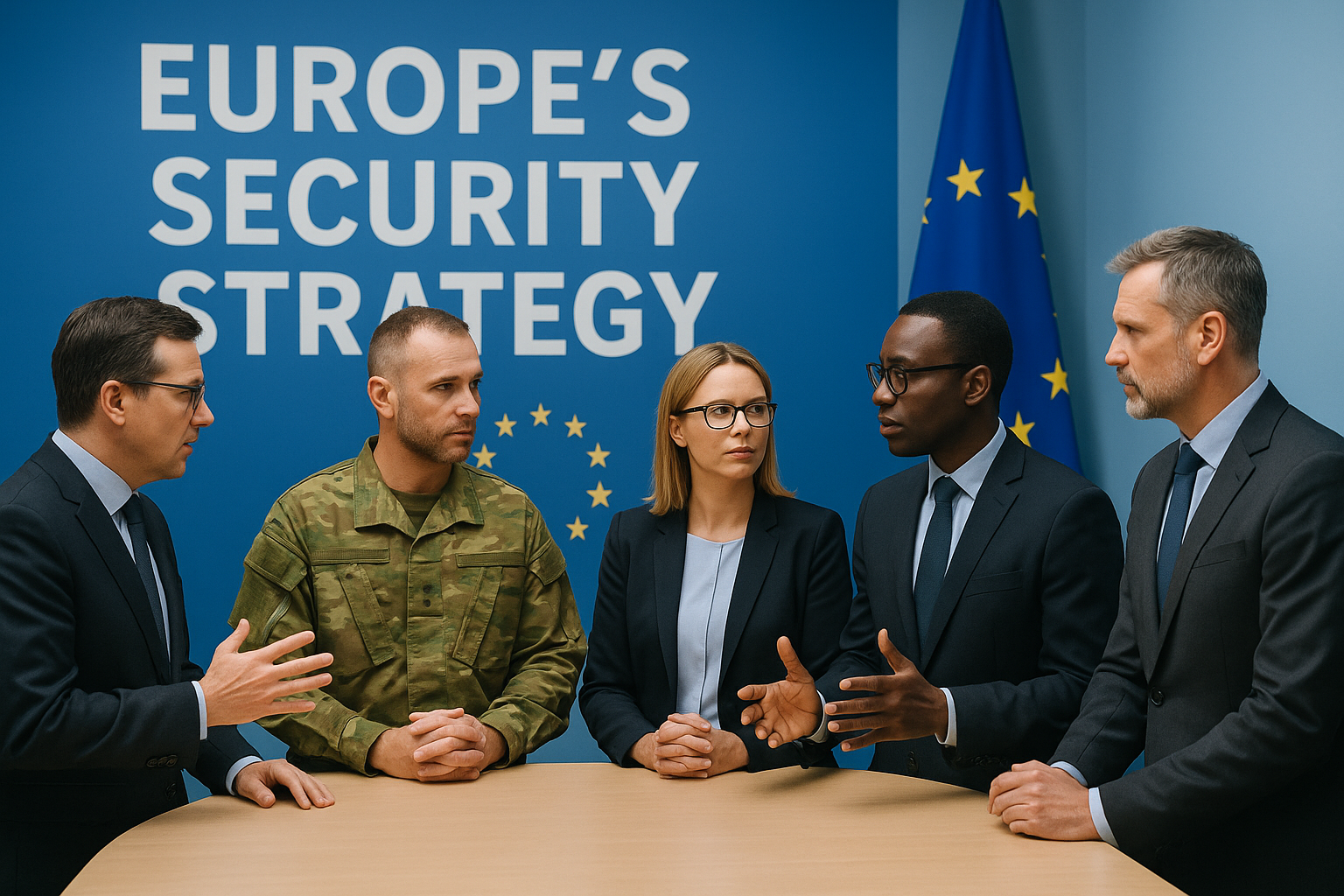Civil Society is the Missing Link in Europe’s Security Strategy
25 June 2025 |
As the European Union recalibrates its security priorities in response to intensifying geopolitical tensions, a familiar pattern is emerging. Discussions are dominated by hard power imperatives: boosting defence budgets, enhancing intelligence coordination, and countering hybrid threats. All necessary, yes – but far from sufficient.

What’s notably absent from most strategic debates is one of the EU’s most powerful, underused security assets: civil society.
Civil society organizations (CSOs)-including NGOs, independent media, watchdogs, and grassroots initiatives- are not auxiliary actors. They are frontline defenders of the EU’s democratic resilience. And resilience is not just a value-it’s a core security requirement in today’s information-driven, influence-heavy threat environment.
Authoritarian regimes – both foreign and domestic – thrive on distortion, division, and distrust. Their tools are well-known: foreign information manipulation and interference (FIMI), disinformation campaigns, and polarizing narratives that erode faith in democratic institutions. Civil society directly counters all three. Journalists expose state-backed propaganda and corruption. Advocacy groups challenge abuses of power. Community leaders foster civic literacy and inclusion, disrupting the recruitment grounds for extremism.
In regions where state presence is weak or contested – within EU member states or in the Neighbourhood – CSOs fill critical gaps. They deliver services, mediate tensions, and build cohesion, often long before governments intervene. Their work not only stabilizes societies but prevents the very conditions that external actors exploit.
This isn’t theoretical. It’s visible in the pushback against rising far-right ideologies across Europe. Civil society is actively challenging narratives rooted in exclusion and fear – offering instead pluralism, participation, and democratic dialogue. In doing so, they are reinforcing the political diversity that holds the Union together.
Yet, instead of support, civil society is increasingly met with suspicion.
Recent calls from inside the European Commission and political groups like the European People’s Party (EPP) to tighten transparency rules and restrict funding access risk stifling the very actors that keep democracies honest. While transparency is non-negotiable, weaponizing it – through selectively applied scrutiny or overly burdensome regulation – sends a chilling signal: that advocacy carries political consequences.
This trend isn’t isolated. Across several member states, civic space is shrinking. The European Parliament’s Civil Liberties Committee (LIBE) has flagged the erosion of NGO freedoms and media independence. The EU’s Rule of Law Report identifies threats to civil society as a growing governance risk. If this pattern persists, the EU’s internal cohesion – and its credibility abroad – will suffer.
It’s time for a strategic shift.
The Commission should embed civil society into its upcoming Security Union Strategy and hybrid threat frameworks. Civic actors must have structured, ongoing access to EU policy processes – not as symbolic consultees but as essential stakeholders. Programmes like Citizens, Equality, Rights and Values (CERV) should be shielded from political interference and expanded to match the scale of the challenge.
Europe’s future security will not be secured by force alone. It depends on whether citizens are informed, engaged, and able to act through civil society to protect the Union’s democratic core.
Civil society is not a soft power accessory. It’s a hard security necessity.

